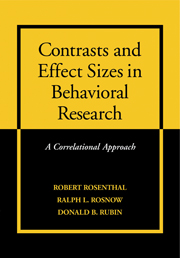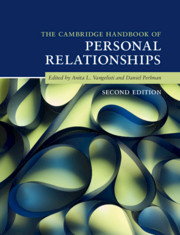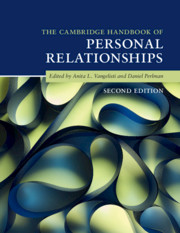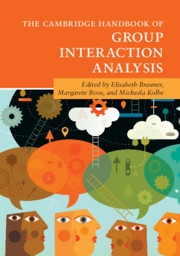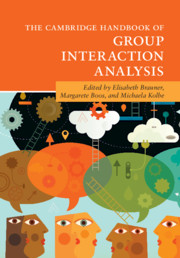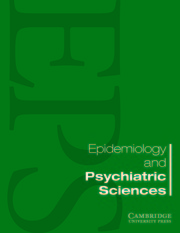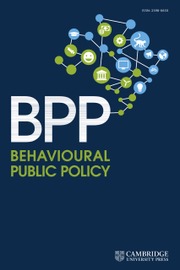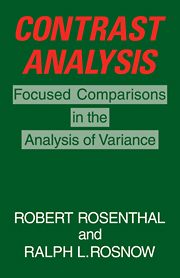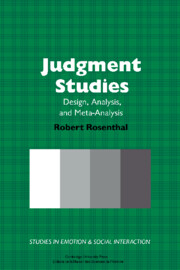Contrasts and Effect Sizes in Behavioral Research
Contrasts are statistical procedures for asking focused questions of data. Compared to diffuse or omnibus questions, focused questions are characterized by greater conceptual clarity and greater statistical power when examining those focused questions. If an effect truly exists, we are more likely to discover it and to believe it to be real when asking focused questions rather than omnibus ones. Researchers, teachers of research methods and graduate students will be familiar with the principles and procedures of contrast analysis, but will also be introduced to a series of newly developed concepts, measures, and indices that permit a wider and more useful application of contrast analysis. This volume takes on this new approach by introducing a family of correlational effect size estimates.
- Comprehensive introduction to contrast analysis
- First presentation of concepts, measures, and indices developed specifically for this book
- Rosenthal extremely well-known
Reviews & endorsements
"A milestone. This book is bound to remain the definitive word on contrast analysis for many years to come." Miron Zuckerman, University of Rochester
"This is a great boook that everybody who uses ANOVA techniques should read...it could definitely be used in courses for advanced undergraduates and graduate students; even experienced researchers will find that they still can learn a lot from it." APA Review of Books
"Rosenthal, Rosnow, and Rubin have delivered as promised. The book is written in a lively style and fulfills expectations. It will add to our body of knowledge in proportion to its use by researchers, teachers, and students." Malcolm James Ree, Personal Psychology
Product details
December 1999Paperback
9780521659802
224 pages
254 × 177 × 17 mm
0.446kg
4 b/w illus. 68 tables
Available
Table of Contents
- 1. Basic concepts of focused procedures
- 2. Basic procedures for two groups
- 3. One-way contrast analysis
- 4. Contrasts in factorial designs
- 5. Contrasts in repeated measures
- 6. Multiple contrasts.

